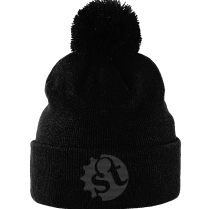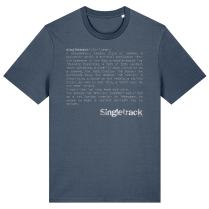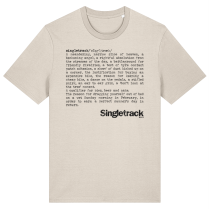The best mountain bike town you’ve never heard of.
Words Tim Newcomb Photography various
Bellingham, Washington, loves to party in the woods. Everyone’s invited to join. Many do.

The growing mountain biking community in the north-west corner of the United States, midway between Seattle, Washington, and Vancouver in Canada, along the Salish Sea coast has become an attractive draw for mountain bikers seeking a singular community culture that mixes hundreds of miles of on-mountain trails from cross-country to freeride downhill. Merge a lively brewery scene and a city of 90,000 that embraces mountain bikers with a cultural and political landscape which encourages trail building and Bellingham has drawn the likes of Kona, Transition and Evil. It may be the community that invites mountain bikers to Bellingham, but credit the loam-laden trails with keeping them. And it could all add up to the best mountain biking available in the United States.
Latest Singletrack Merch
Buying and wearing our sustainable merch is another great way to support Singletrack
“I’ve travelled all over the planet mountain biking and not seen many towns like Bellingham,” says Kevin Menard, Transition co-owner. “The level of support here for trail building is unrivalled. It is a small enough town you can feel more connected, but big enough you can pool resources and do some rad stuff as a community.”
Let’s ride
Bellingham IS mountain biking. The 5pm rush hour sends mountain bikers from downtown up Birch Street toward the north entrance to Galbraith Mountain, a 65-mile-plus privately owned logging mountain that has a unique agreement to keep mountain biking-specific trails going in perpetuity. But that isn’t all. Chuckanut Mountain, just a skosh closer to the waterfront, offers some of the oldest trails in the area – and the most natural – and the scene continues to grow, east to Lookout Mountain, downtown to pump tracks and throughout surrounding Whatcom County communities.
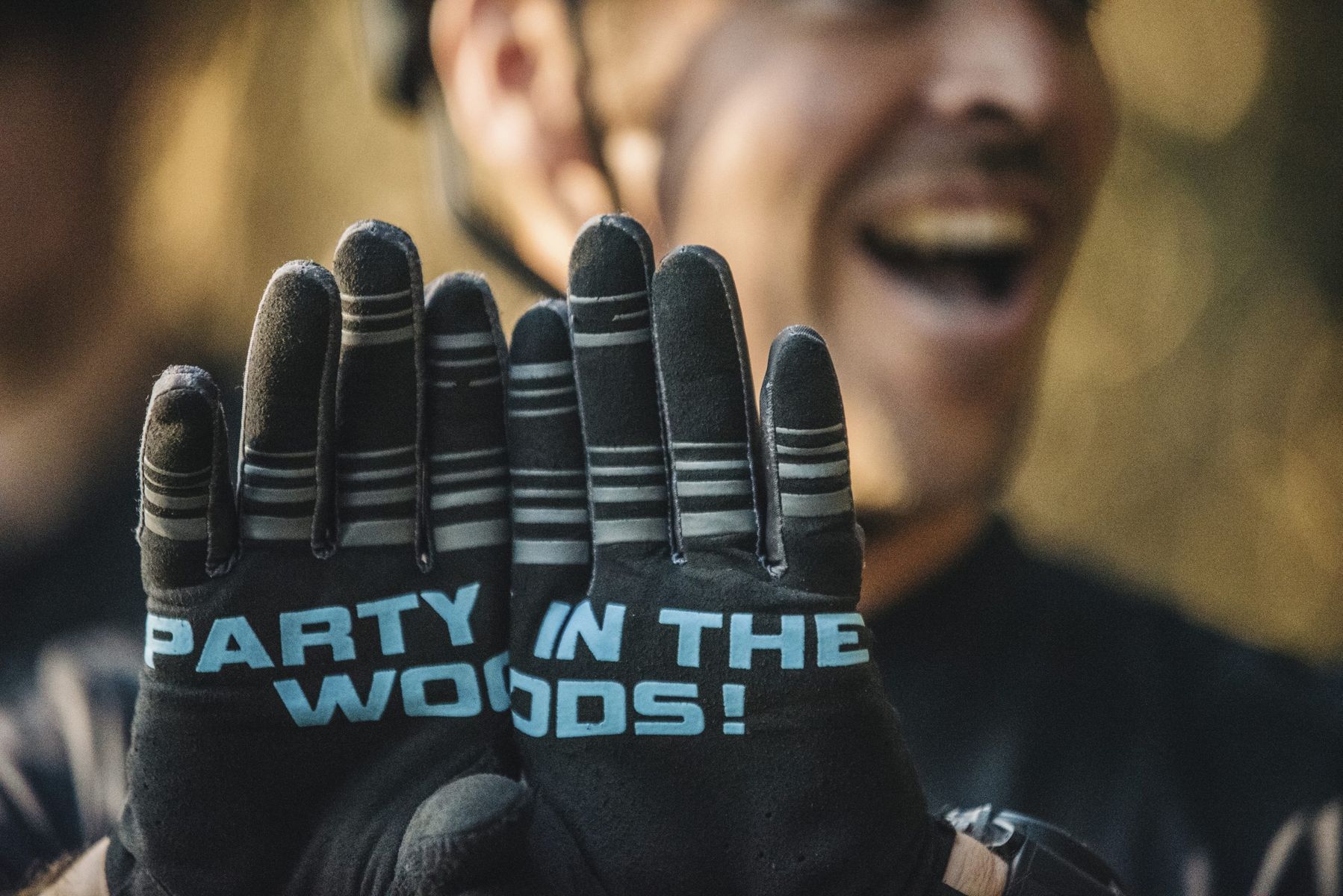
Get to know Bellingham
Part college town – Western Washington University is the third largest in the state and alma mater of Kyle Young, Transition co-owner – part old industrial logging town and part outdoor sports mecca soaked in craft beer and coffee, Bellingham sits in the coastal hills off Interstate 5 aside the bay about 90 miles north of Seattle and 50 miles south of Vancouver. For mountain bikers keeping score, that’s less than 60 miles south of Vancouver’s North Shore, 90 miles from Squamish and 130 miles south of Whistler.
The mix of history and youth means mountain biking culture permeates every walk of life. Perhaps most important, though, is the incredible level of support for mountain biking from unique partnerships between the volunteer-backed Whatcom Mountain Biking Coalition (WMBC), the main stewards of the trails in Bellingham and Whatcom County, government land management agencies and even private landowners, such as the entity that owns the logging rights on Galbraith Mountain. These partnerships ensure that mountain bikers have access to forested land between the water and Mount Baker, a 10,700ft-tall peak just 60 miles east in Whatcom County, which makes skiing, biking and paddling all part of a single day in the far reaches of the Pacific Northwest, but also that trails are maintained. And built. And built some more.
“Other places you can’t build trails and can’t even do maintenance,” Transition’s Menard says. “We have a different mindset. Our mountains are great little canvases to build stuff. The trail-building level is extremely high, people don’t build crap here, it’s really high-quality stuff. Stuff you’d pay a professional crew for and that’s always been the culture.” An average trail workday can bring more than 80 volunteers, all folks riding to the mountain from home or pulling up in their tailgate-padded pickups.
“I get to travel quite a bit around the world, and it is one of the most progressive areas,” says (other Kevin) Kevin Walsh, owner of Evil Bikes. “It is really cool to see the passion from the community. Everybody takes care of the trails. There is a sense of ownership and protection.”
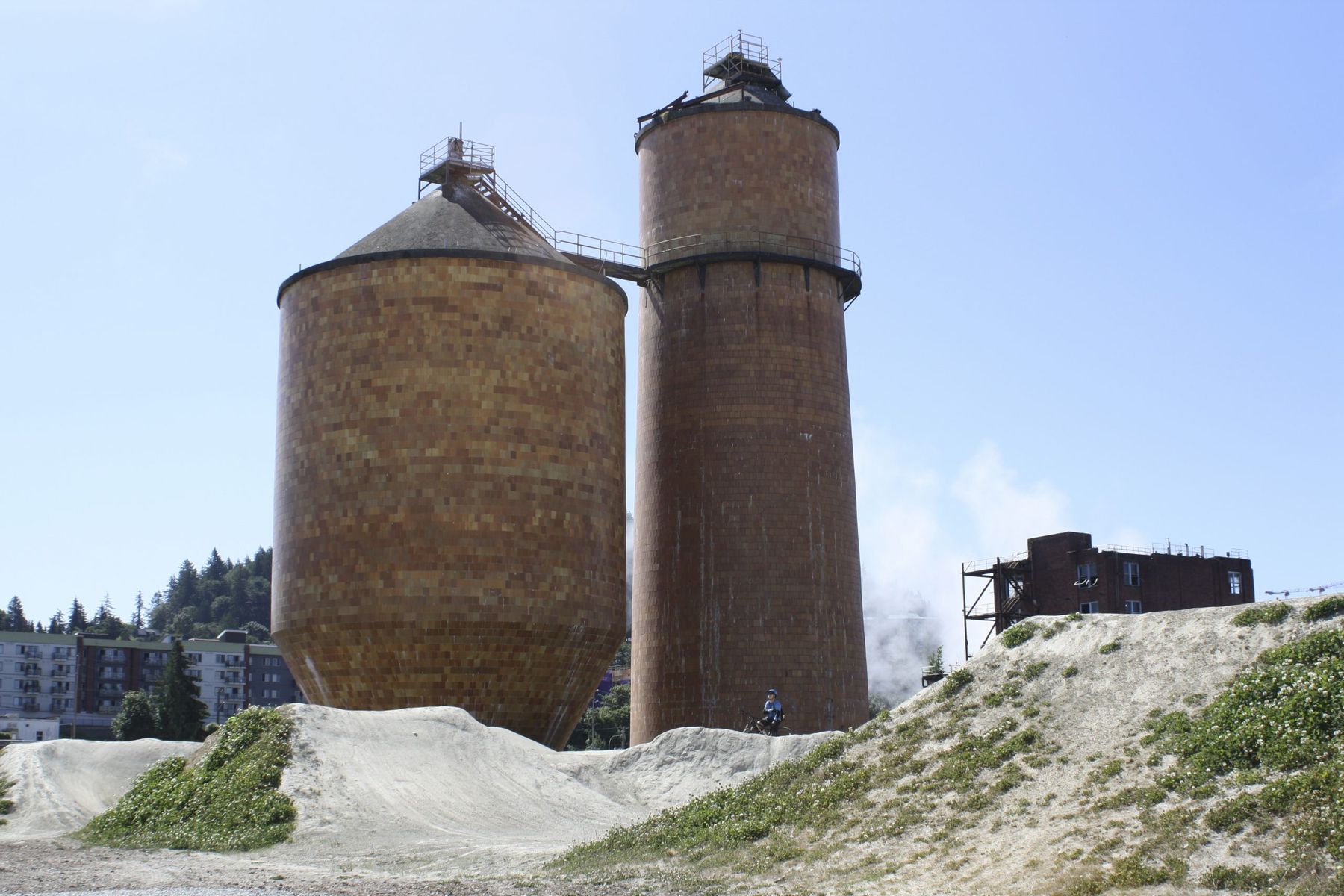
Menard says the “sweet little mountain bike culture, community and manufacturers” mean a lot of progressive things happen in Bellingham, whether in bike making or trail building.
“It’s almost a surprise if someone doesn’t ride a mountain bike,” Walsh says. “I think the general accessibility to a wide variety of trails, then the quality of trails with some of the best dirt in the world, it is cool to have all of that in one place.”
The City of Subdued Excitement
Maybe Walsh says it best: “The dirt we have in the Northwest, the loam, almost regenerates itself where it stays super-packed,” he says. “We almost look forward to the rain because you get a reset on the dirt. Up here we get this dirt that regenerates right after a storm. You see it rain and then the third day after, the dirt is glorious. Most people would complain about that, but here it holds the moisture just right and you get this Velcro-tacky dirt that everybody talks about.”

Couple the dirt with the terrain and you’ll see super-technical, raw natural trails with machine-built flow. “The diversity in trails here is pretty spectacular,” Walsh says. “We have a lot of straight up and straight down. Other areas you have undulating, rolling trails; there is a lot less of that in Washington, especially Bellingham. You pedal up to get to do a downhill trail. Trails are a lot more aggressive and … why so many come here as a tourist destination.”
Lacy Kemp, communications manager for Kona Bicycles, doesn’t mince words. “It is the best mountain biking in America,” she says. “People from Moab might disagree and people from California might disagree and that is cool, they can stay in Moab and California.”
Menard says it’s short-sighted to not lump Bellingham in with British Columbia riding, Whistler, Squamish and the North Shore. “I don’t have to leave Bellingham if I don’t want to,” he says. “There is enough diversity here. Everything is a different flavour.”

Each mountain, each trail network, has its own essence based on topography, says Eric Brown, executive director of the 34-year-old WMBC. The trails wouldn’t happen, though, without community support – over 60 local businesses sponsor trails and projects (like a new $300,000 parking lot at Galbraith), fully funded through monetary and in-kind donations. And access to the mountains and their enviable terrain wouldn’t happen without the trail building know-how.
The city bills itself the City of Subdued Excitement and Brown says that translates to the way it just goes about its business with some of the best riders in the country and some of the best trail builders, without bragging about it the way some mountain bike towns do. Walsh says the “trail building is some of the best in the world”. Their volunteers are being paid to travel to build trails elsewhere. Vice President of the WMBC Bill Hasenjaeger says: “Our trail system is really an amazing tribute to our mountain bike community here. We are consistently invited to the planning table by city, county, state or federal land management agencies because we’ve earned their trust as a responsible user community.”
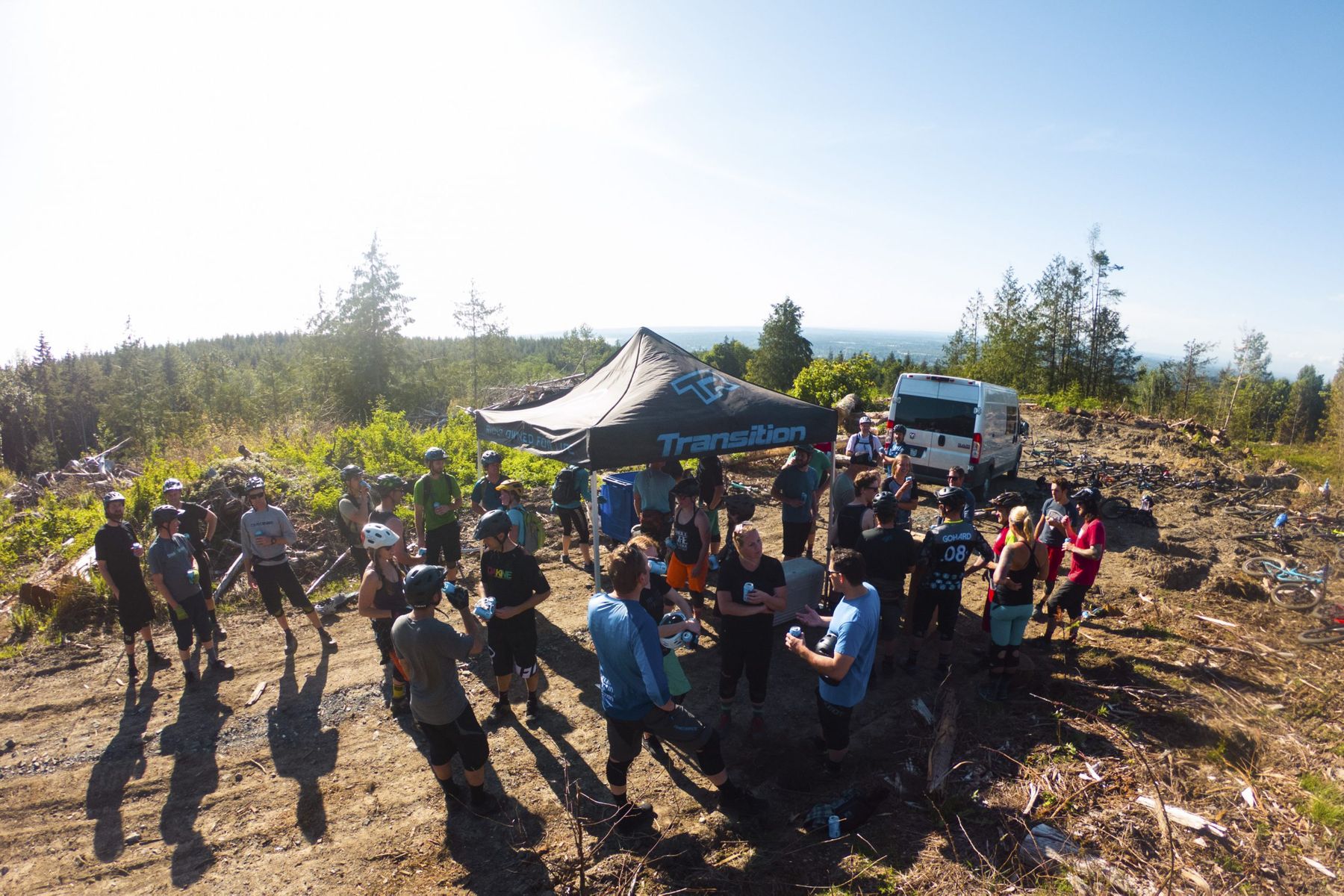
Some trails date back to the ’80s; some were built in the last few months. Galbraith is a working forest so trails are continually modified around logging activities, but the benefit is a constant improvement to trail alignment, drainage, wear and tear and features. Galbraith, then, tends toward blue-ish intermediate, with about 30% of total trail mileage bike-specific down-directional with black diamond and associated features, while the majority are multi-use, bi-direction, natural terrain singletrack. You get a more back-country feel on Chuckanut Mountain.
Oh, THAT Jill Kintner
But don’t think Bellingham is just about cooperation and trail building. People are riding. It isn’t uncommon to see parents with young children, groups of teenagers, plenty of working professionals and retirees all hitting the same lines. Add Olympic medallist Jill Kintner to the list. “The trails, mountains, scenery and dirt are world-class,” she says. “That’s probably why people and bike companies flock here. It’s become a destination for riders from across the world because the riding is amazing and an easy stop-off the I-5 freeway on the drive up to Whistler.”

Kintner sees parallels with other places, but it just seems like more people ride here. Kids ride to the top of Galbraith by age six. There’s a second generation of kids who have grown up riding with parents. Everyone just rides. The Olympic bronze medallist and three-time World Champion mountain biker grew up in Seattle, but lives here for the environment, and being able to afford a house where she can ride from her doorstep. “Every mountain biker’s dream, really,” she says.
The trails? Kintner calls them well made. “We don’t have a lot of jank here,” she says, “which is nice. Lots of dirt and flow, but you can find everything. The trail builders all have different styles, so pick a flavour, but good riders often build good trails and we have lots of them.”
WMBC’s Eric Brown says “access is really critical” – spending less time in a car and more on a bike “leads to quality of life” and, with their support, the quality of riding is improving.

BP has a refinery outside Bellingham and the HR department uses its sponsorship of mountain biking trails as a recruiting tool.
Add in the trail adoption policy and the trails get love and care to endure the riders, rain and mud that comes with autumn, winter and spring, a climate not unlike that in the UK. Lucy Kemp says she hasn’t ridden in the UK, but from talking with friends and watching videos, if you took the slick, wet weather and tipped the UK trails so they were steeper and longer, you’d have a similarity. “If you can survive riding in the UK rain,” she says, “you can come here and feel very much at home. It’s not a huge difference; we just have bigger mountains.”

Kona, Transition and Evil all live here
The raw riding on the early days of Galbraith and Chuckanut started drawing a community that has grown to include the bike industry, from ancillary brands to major bike manufacturers – all here to be close to trails.
Kona was first. Founded in North Vancouver in 1998 by Dan Gerhard and Jake Heilbron, they opened headquarters in Ferndale (about eight miles north of Bellingham), as they needed a US office and land there was cheap. The Canadian company still has a warehouse and office in North Vancouver and a European office in Monaco. Kona now has about 70 employees worldwide with 30 of those in Ferndale, including Gerhard, and a downtown Bellingham bike shop – being able to distribute directly out of Bellingham was a key business decision, says Kemp.

After Kona, came Transition. Menard and Young were working at T-Mobile in Seattle when they started Transition as a hobby in 2003. Menard was a WMBC board member for eight years and his Bellingham office has become a hub for the mountain biking community. He lives on Chuckanut and rides regularly with Walsh and a number of Kona employees – his work commute means he often rides from Galbraith’s south side to north side and does the reverse on the way home. In 2016 Transition moved from Ferndale to downtown Bellingham, making the lunch ride a common occurrence for their 21 employees. “It’s a good location, has easy access and it’s a pretty good launching pad for any kind of bike adventure,” he says. Demo rides can start from Transition and soon be riding on Galbraith.
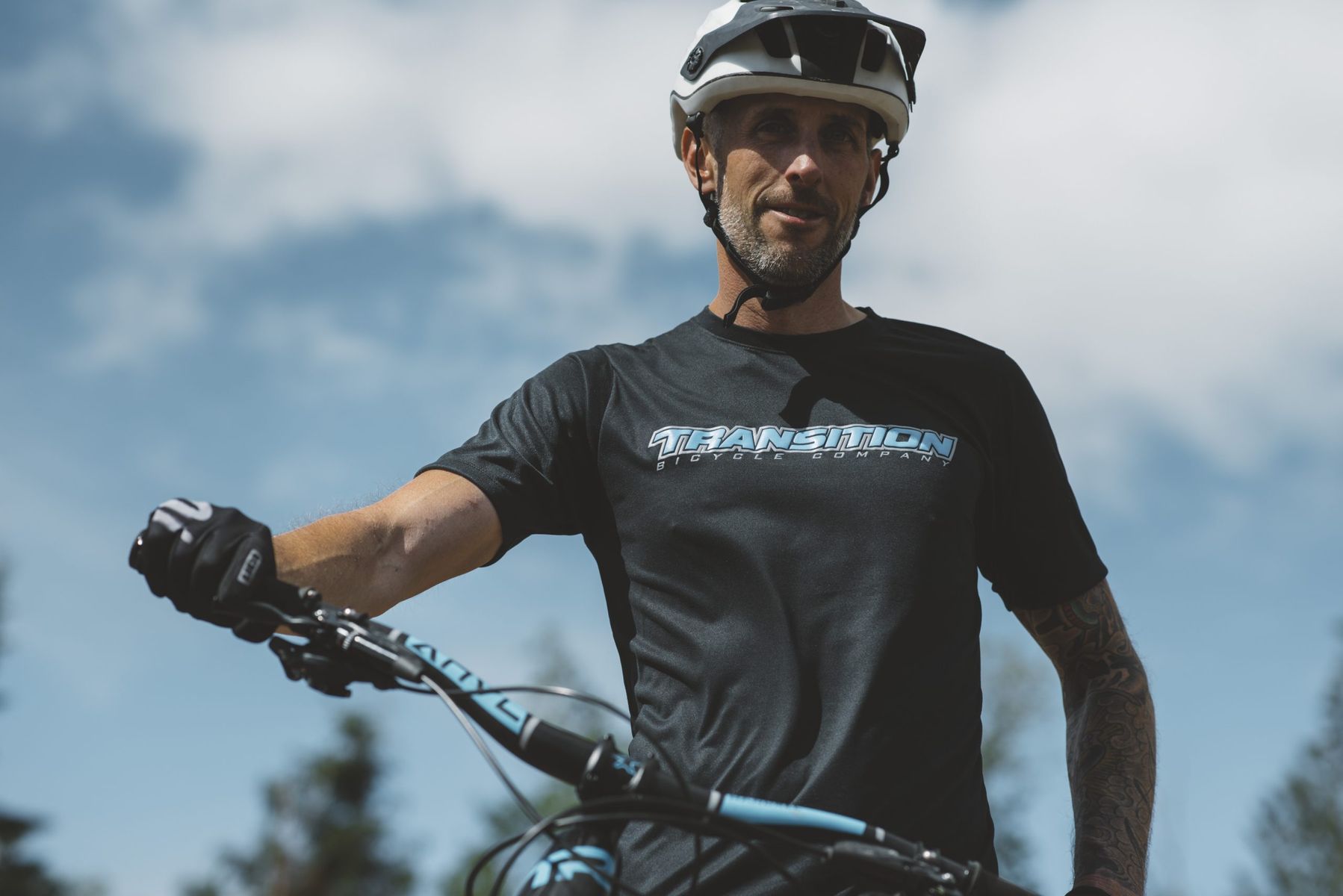
Evil is the newest member of Bellingham’s mountain bike manufacturer scene. Also started in Seattle, Evil moved into a brand-new space in the Fairhaven district of Bellingham in early 2019 with about half its 36 global employees and has been trying to be a good neighbour ever since. Walsh says he made the move simply to be close to mountain biking trails and the snow sport scene on Mount Baker. As many point out, mountain biking isn’t the only outdoor adventure that folks get involved in, with snow sports also a popular draw. “Most of us wanted to be up here,” Walsh says. “The access, the quality of life. For us it posed a lot more conveniences and we also spend a lot of time in Canada.” And the commute was a bonus. Walsh went from driving three hours a day to ten minutes, and that’s on the days he doesn’t ride to work. “We are doing lunch rides now, after-work rides,” he says. “The quality of life has ‘quadrupled’, if not improved ten times.”

Let’s be friends
And everybody gets along. Walsh and Menard are friends and the larger Kona has employees aplenty in the mix. Kemp says she routinely goes for rides with a five-bike rack that has two Konas, two Evils and a Transition. Transition and Evil are focused mountain bike brands, so staff there who want road bikes can often find a Kona friend to get them employee pricing. Having a mix of brands riding together is common.
Walsh says that when he moved up people wanted drama to ensue. “It couldn’t be further from the truth,” he says, adding he rides with Menard several times a month and rides with Kemp too. “Yeah, I think at some point there is an underlying competition because we all have bikes we sell, but it is really cool in that people respect each other for what they do and what they make.” Walsh says he sometimes turns people toward Transition or Kona because he wants to start people in the right brand. “I feel like there is a fair amount of collaboration,” Walsh says, “especially with Transition; we want to do the same thing, ride our bikes with our friends, have fun, crush a few beers and ride awesome trails. The more like-minded people you have, the easier it is to make that happen.”

Menard praises the quality of people at both brands. “Kevin Walsh is a good friend of mine,” he says. “I go to his house and ride. We drink whiskey together. Yeah, we are competition, but at the end of the day we are all really passionate about biking and creating rad products for the community to ride. There is enough of that pie to go around.”
Kemp says everyone gets along and wants to support each other. Kona staff show up for a Transition event and other bike brands ride the trails Kona built. “Transition is wildly successful,” Kemp says. “Those guys are crushing it. We crush it in different areas as well. We are way bigger and have a more diverse portfolio as far as product offerings. It is fun to have those guys here … it is motivation, but also fun to get a beer, be buddies and hang out. We have a lot of mutual respect. We are three very different companies, but all get along well.”
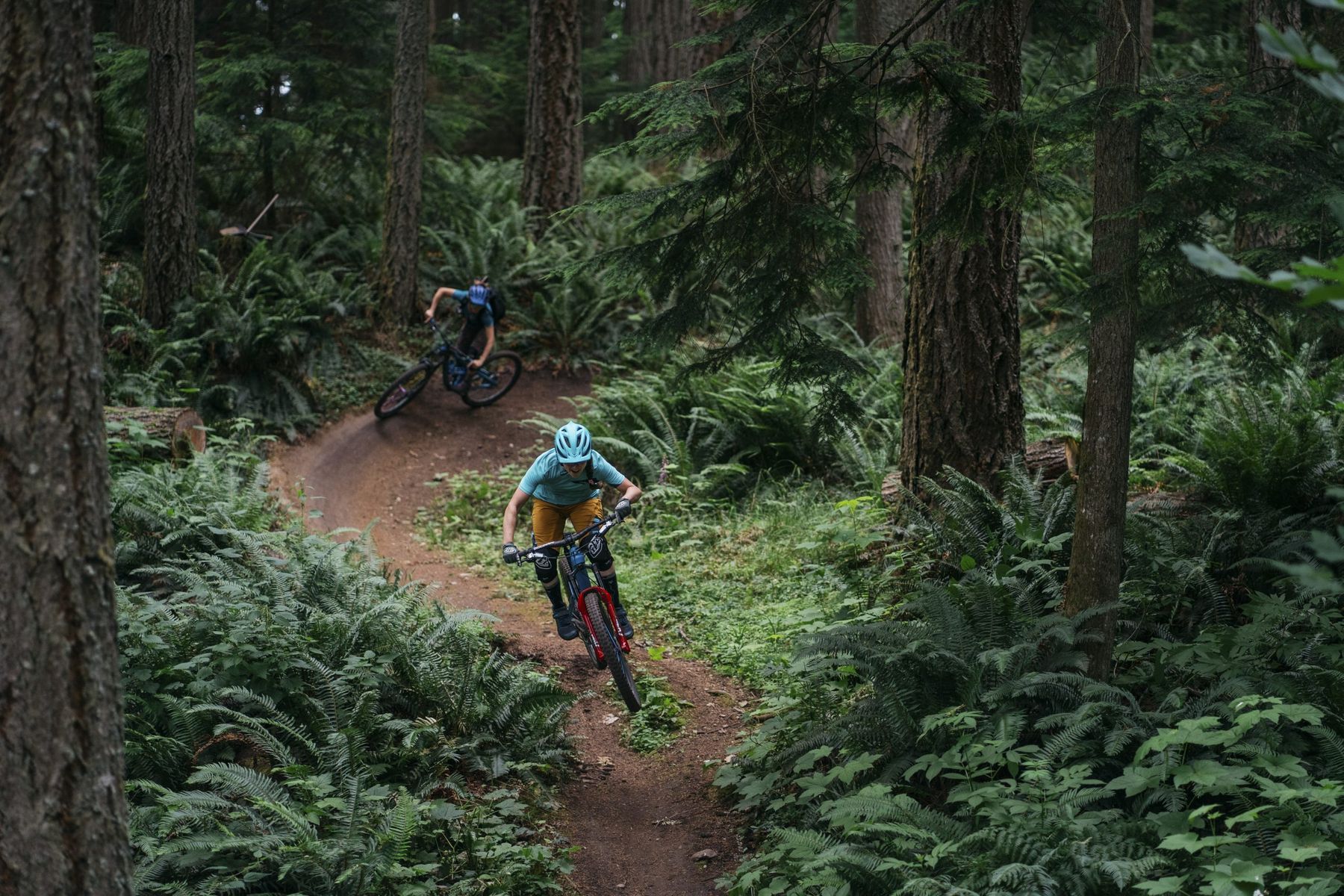
Designed to ride here
Kona has taken inspiration from Bellingham with the tricky, steep, technical terrain that can get wet and muddy. “Our bikes are made to take big hits,” Kemp says. “We have evolved from a pure freeride gravity downhill company to suitable for riding all that stuff, but you can still ride the majority of our bikes on serious, hunky terrain.”
The Bottle Rocket launched Transition, but now they are mostly known for the Patrol, although many of the new bikes sell out just as quickly. “We design stuff to be ridden here, but know bikes have to be ridden all over. We are going to design stuff that works for our trails first and foremost,” Menard says. The diversity of trails with steep, technical fast flow and jumps, pedals in the backwoods or the technical climbing of Chuckanut, Menard likens to Squamish and Whistler with variety. “If [a bike] can work in those areas, it can work anywhere in the world,” he says.

Walsh has given Evil a unique persona. Having grown up both designing bikes and working in creative industries, he wanted Evil to build more of a skateboard-style lifestyle brand while thinking like a winter sports brand. And while Evil has Dave Weagle looking after the suspension, Walsh doesn’t always talk about the tech specs, instead embracing the lifestyle. “We make really fun bikes and we do that for you, so you can go have a good time,” he says. “We do everything different.” Walsh likes that, being a black sheep in mountain biking and bucking tradition.
Walsh says it can be easy to design a bike to ride in the Pacific Northwest, but he doesn’t want to limit it to that and wants bikes that fit in California, Moab or across the world. But still, using Bellingham as a testing ground works. “If it can handle this terrain, it will handle anything,” he says. “We don’t specifically just make the bikes for here; you have to build in flexibility in the design to accommodate geographies. We use adjustable geometry that allows us the latitude to build a bike to excel in the Pacific Northwest, but can ride in totally different environments.”

Bikes, beer and breweries
The head brewer at Aslan Brewery rides an Evil. The head brewer at Kulshan Brewery a Transition. Boundary Bay Brewery has an entire Galbraith series of beers. The downtown brewery scene in Bellingham is hopping with a dozen, give or take, breweries and cider makers – and it runs tap-in-glass with mountain bikers.
“There’s a joke that the most Bellingham thing you can do is go for a lap at Galbraith Mountain and then come to a brewery in muddy shorts,” says Louise Gearhart, from Aslan. “Local breweries are definitely community meeting spaces, connecting with friends over a beer after a ride is something I love to do too.”

Emily Mallos, events manager for Kulshan Brewing Company, says Bellingham prides itself on building community and mountain biking epitomises that by making that sport accessible for so many people, no matter the skill level. “In Bellingham especially, breweries are the place to go after a day of riding. There is nothing more satisfying than a well-placed beer at the top of a gruelling climb or looking forward to a pint after a gnarly descent.”
Kulshan, like many others, participates in collaborations and sponsorships that welcome mountain bikers. Kulshan and Transition throw an annual beer release party on Galbraith, dubbed Party in the Woods (the 2020 version is a Hoppy Lager). That cohesive nature between community and mountain epitomises Bellingham riding.
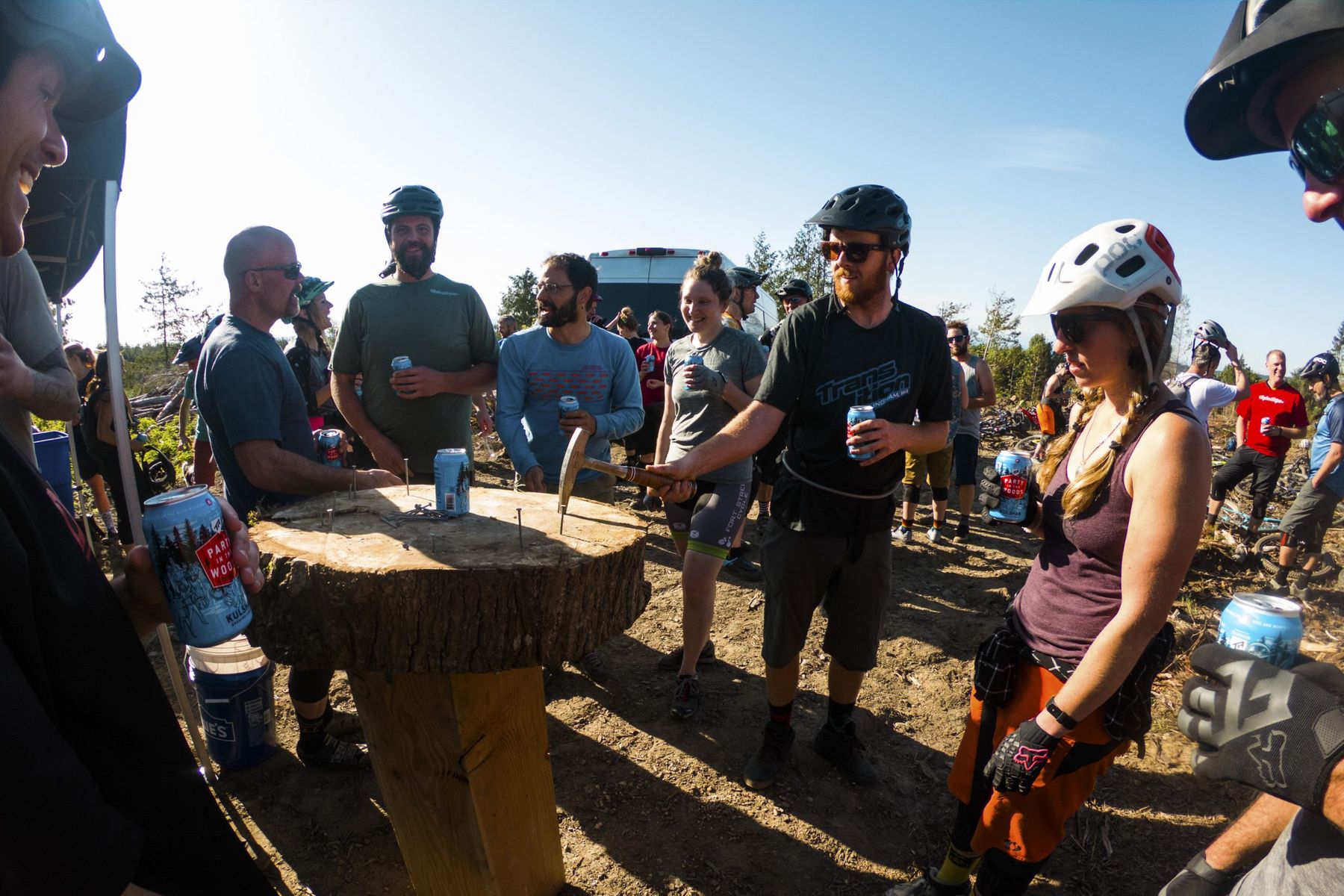
“If you’re in the mountain bike community and they hear you’re from Bellingham they’re usually impressed,” Walsh says. “It’s becoming more of a destination now … definitively on the map, for sure.” Whether it is the star of the US map, though, is up to riders to decide. Either way, Bellingham is always a party in the woods.
